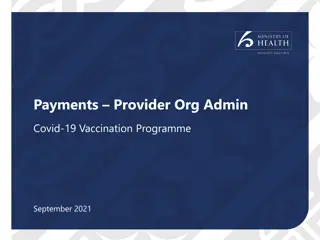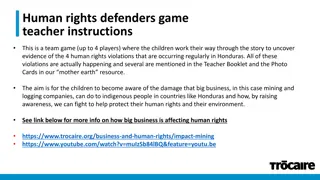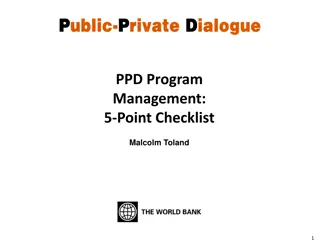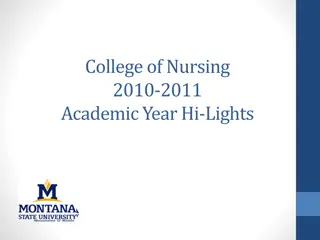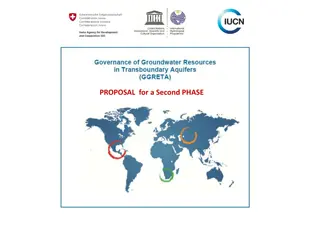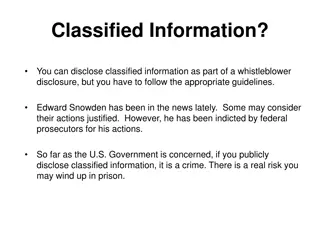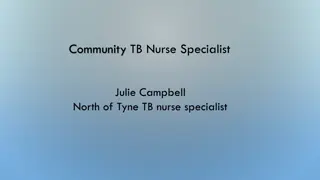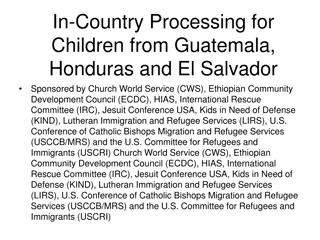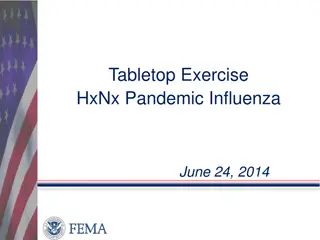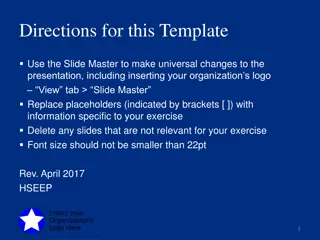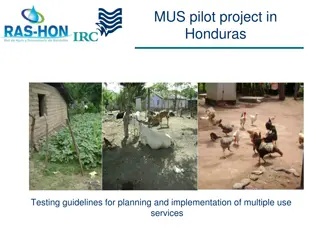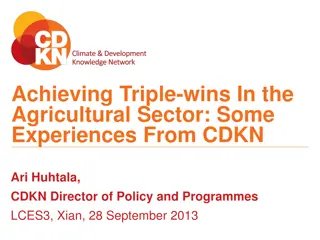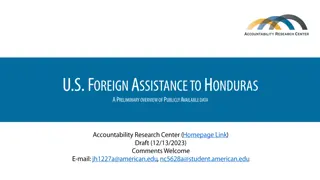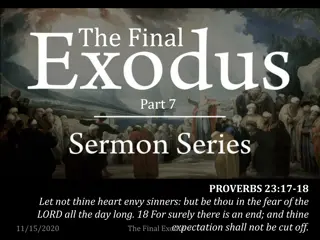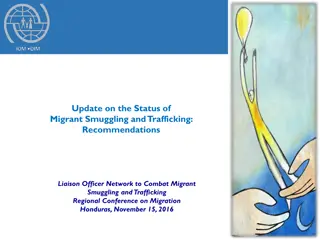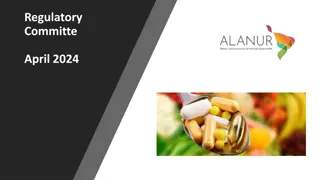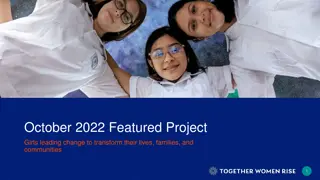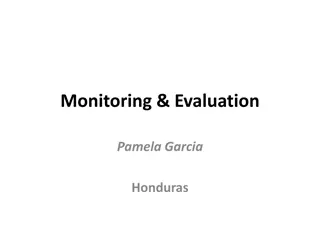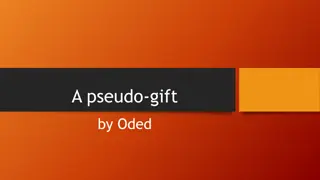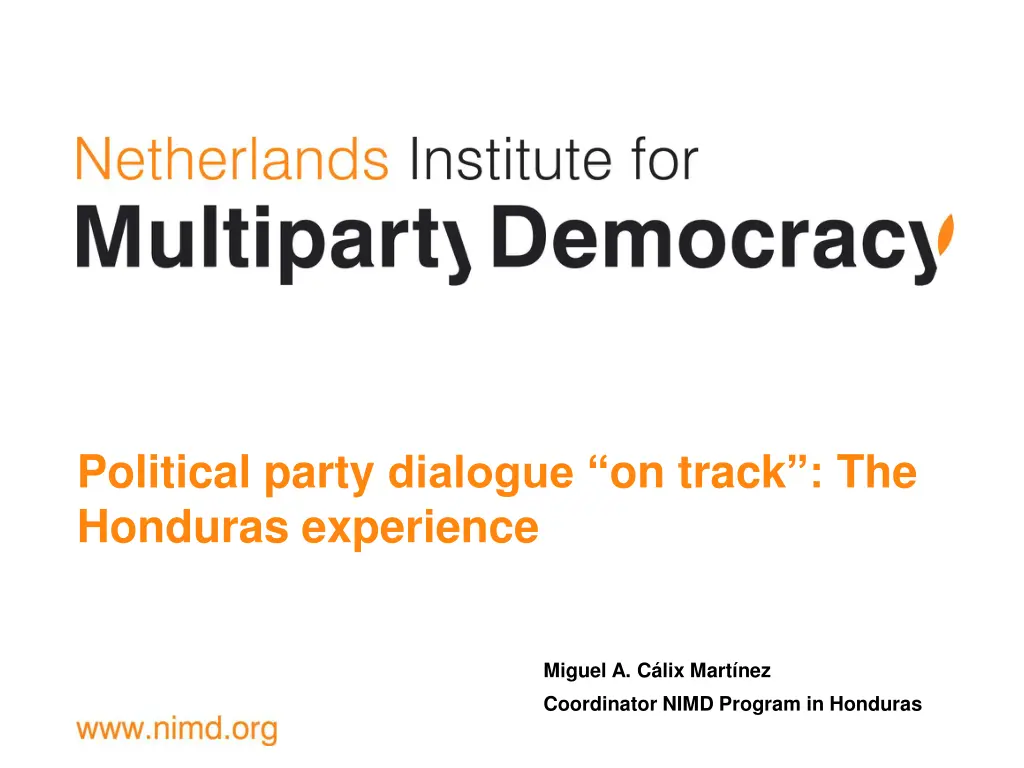
Political Party Dialogue in Honduras: Challenges and Opportunities
Explore the political landscape of Honduras, delving into historical agreements, shifts in the party system, electoral challenges, and contextual elements shaping the current scenario. From economic difficulties to social conflicts, discover the complexities facing the nation as it navigates its path towards progress and stability.
Download Presentation

Please find below an Image/Link to download the presentation.
The content on the website is provided AS IS for your information and personal use only. It may not be sold, licensed, or shared on other websites without obtaining consent from the author. If you encounter any issues during the download, it is possible that the publisher has removed the file from their server.
You are allowed to download the files provided on this website for personal or commercial use, subject to the condition that they are used lawfully. All files are the property of their respective owners.
The content on the website is provided AS IS for your information and personal use only. It may not be sold, licensed, or shared on other websites without obtaining consent from the author.
E N D
Presentation Transcript
Political party dialogue on track: The Honduras experience Miguel A. C lix Mart nez Coordinator NIMD Program in Honduras
Some relevant data Honduras is a Republic located in Central America. Territory: 112,492 Km 2. Population: exceeds 8 million. 66 % population under poverty level; social inequality (Gini Coefficient 2011 0.58). Per c pita INB 1,970 USD, economic growth (circa 3%), highly dependant on exportations of agriculture products (coffee, tropical fruit, cane), clothing production and minerals. Migrants remittances are also relevant for internal Economy. After decades of military governments, returned to civilian rule in 1980. A new Constitution was approved in 1982
Brief Historical Background of Acuerdismo (culture of political agreements) Traditional Acuerdismo : to resolve political crisis or promote political reform. Examples: 1985 ( Option B ) and 2001 (Agreement among presidential candidates) 2005: Political Agreement was fully negotiated but was not signed. Acuerdismo 2009 (June): Political crisis: President Zelaya ousted by Armed Forces and legislative/judiciary branches. 2009 (Nov): President Lobo elected 2011 (May): Acuerdo de Cartagena (promoted return to Honduras of former President Zelaya)
New elections under different circumstances BEFORE AND AFTER 28-J-2009 Political Party System in transition: BIPARTISANSHIP MULTIPARTY SYSTEM (PL + PN + 3 pp) (PN + Libre + PL + PAC + 5 pp ?) Acuerdismo Parties alliances and coalitions Traditional factic Traditional factic Actors plus Actors New Actors
But Same Electoral Law (2003): a new law project from Supreme Electoral Court (TSE) was not approved by Legislative. Low level of public confidence in TSE (5 of 10 persons have none or little confidence Cid Gallup Sept. 2013) High perception of wrongdoing in Primary Elections in November 2012 (60%): low confidence of final results (specially publication of preliminary results), political parties representatives administrate polls, representatives ID s are not personalized. Risks of polarization / political violence.
Some contextual elements Structural problems have worsened and new ones have arisen all to be faced by new Government Economic difficulties (fiscal crisis, high domestic and foreign debt, poor state of public utilities) and insufficient State capacity for delivery (absent o deficient State) High inequality & poverty levels Violence and insecurity (Homicides rate: 86 x 100 thousand). Drug trafficking. High impunity (96%); Corruption Perception Index (TI-2012: place 133/174 - index 28/100) Heightened social conflicts and human rights challenges.
Political Party dialogue is neededto strenghten mutual confidence, transparency and legitimacy of elections (24-N) Concerns about procedures and rules for the Elections to be held on 24-Nov-2013. Political Parties willing to dialogue Facilitation and sponsorship of interparty dialogue requested. Demands elections (G-16 Cooperation, International Observers) of national and international shielding of Chance agreement). of a new Political Agreement (procedural
Interlocutors Political parties (9 parties) TSE (Supreme Electoral Court) RNP (institution responsible for issuing Identity card, needed to vote, and to provide information of electoral registration) UN, OAS, US as sponsors UNDP/ NIMD as facilitators Thru bilateral meetings, interparty dialogue forums, consultations and facilitation by experts.
The trust building process... NIMD has signed bilateral agreements with ALL nine (9) political parties since 2012 and has an strategic MOU with UNDP to promote inclusive political party dialogue. NIMD, together with UNPD, has organized forums including ALL parties, to build trust and acceptance among them, using foreign political peers and national experts as facilitators . NIMD participated actively, side by side with UNDP, during the process of bilateral consultations with parties to identify issues that could be part of the agenda of interparty dialogue . All this process took 14 months and included some mitigation measures (direct and multiple approach, high level lobbying, confidentiality )
Agreement at last After many consultations and meetings, bilateral and with all the political parties, party representatives agreed on the text of the Compromiso de Garant as M nimas para la tica y la Transparencia Electoral , that was signed by all presidential candidates on August 21, 2013. UNDP assumed a central role in the facilitation of the final phase of the agreement approval, with collateral technical support provided by NIMD. The main facilitator of the process was a foreign expert in dialogue, with permanent help of national experts and consultants.
Principles underlying the process and facilitation Inclusiveness in calls and participation Tolerance, mutual respect and acknowledgment Impartiality in facilitation Active response Decisions by consensus Openess to other opinions and ideas
Lessons learned, barriers met... Prior inclusive forums with all parties provided a confidence space for the next stage of search of agreements. In previously polarized environments, facilitators who are not related to the national political context are useful to earn trust of the participants in the interparty dialogue (note: also if they were not involved with recent conflicts ) It is not appropriate to include many detailed contents in agreements, which may easily be ignored or abused. Some awareness of this must be promoted among participants. the
It is advisable to promote soft diplomacy of relevant national and international stakeholders. Facilitators and sponsors on political party dialogue need to be aware of political sensitivities and particularities of the parties and the representatives of political parties (to overcome gaps in communication or solve dillema that concur unexpectedly.
Next steps... Technical assistance for the Secretariat of the Parties Special Comission for Follow-up of the Compromiso (9 members) Evaluation of the first stage of the Agreement (during October /November / December 2013 January 2014) Preparation of the next stage of dialogue for 2014: new Electoral Law and deep Constitutional changes) will demand intra and interparty consultations. Also, other agreements to address main problems of the country (fiscal and other structural issues). political reforms (including
Gracias! NIMD Honduras Edificio Plaza Azul, Tercer Nivel No.36 Col. Lomas del Guijarro Sur, esquina Ave. Berl n y Calle Viena Tegucigalpa, MDC; Honduras, C.A. Tel: (504) 2231-3194

